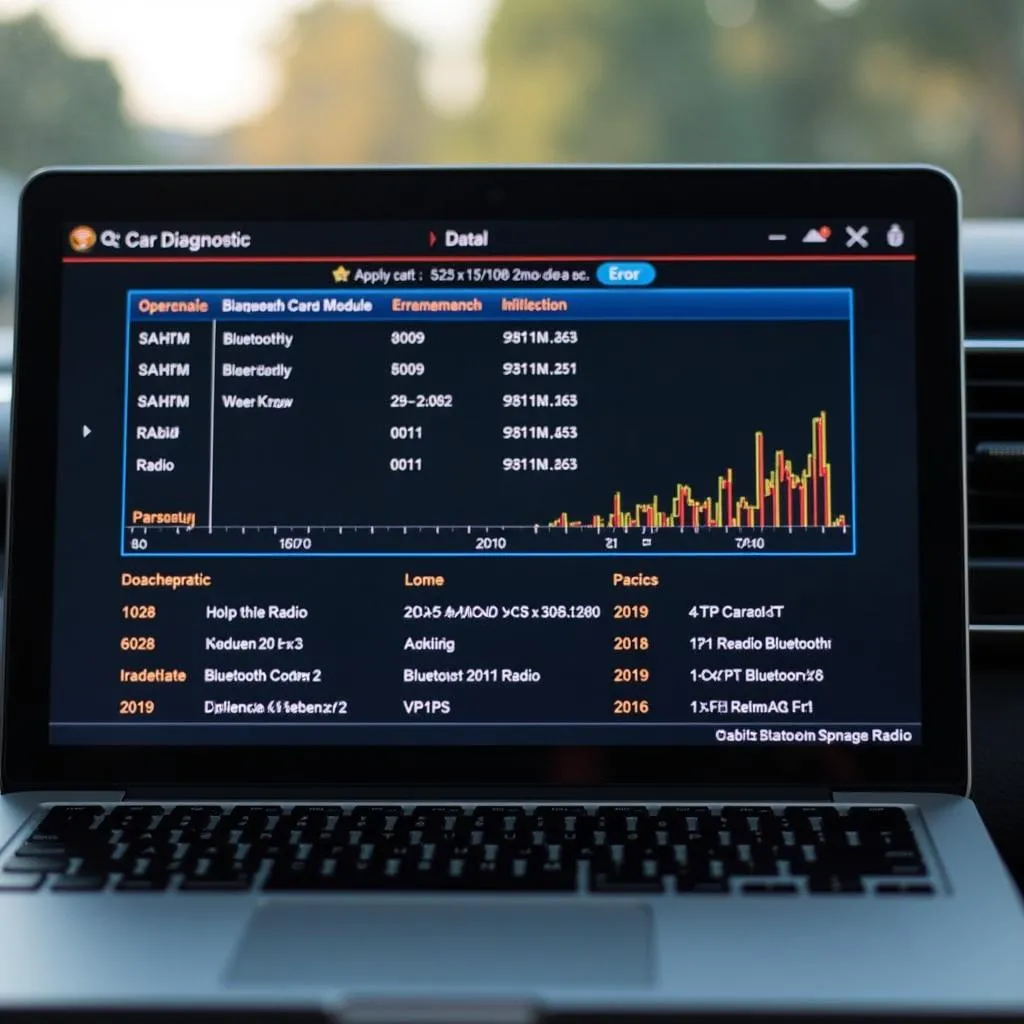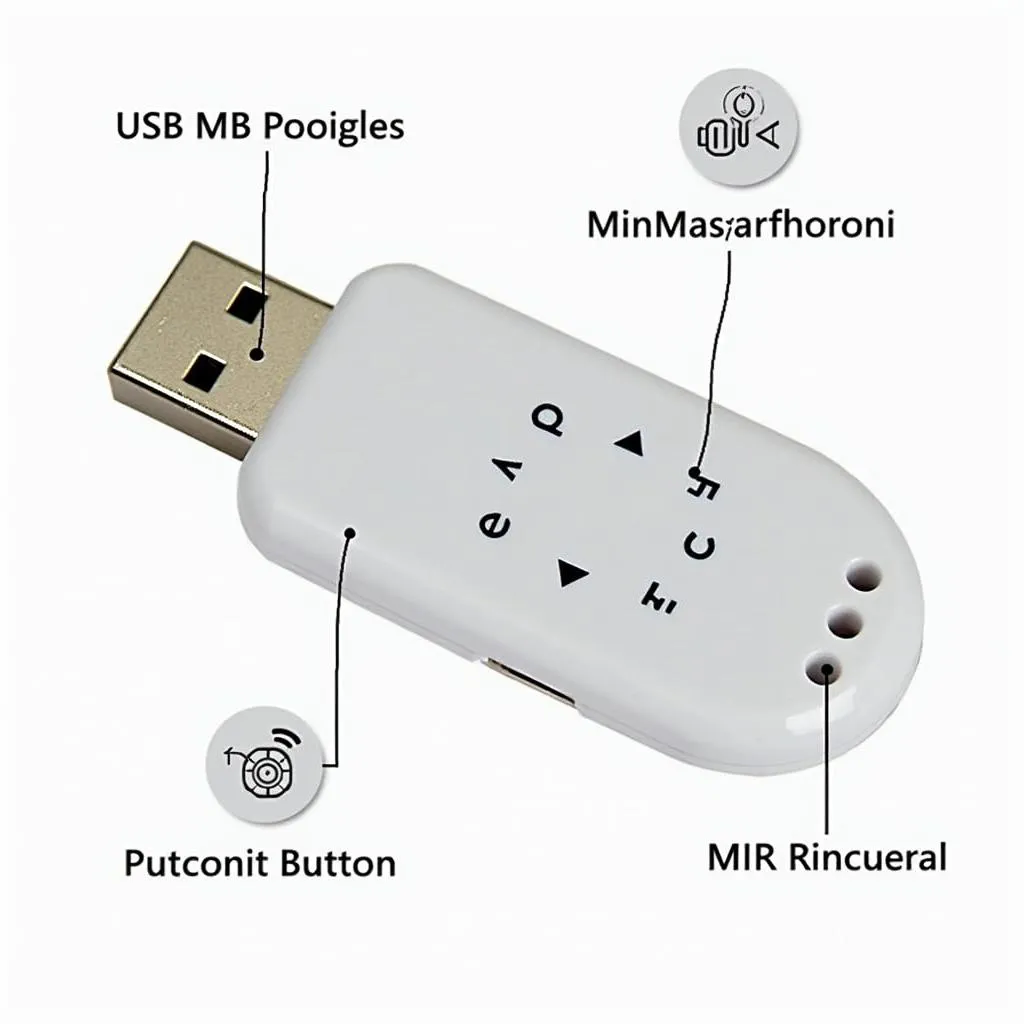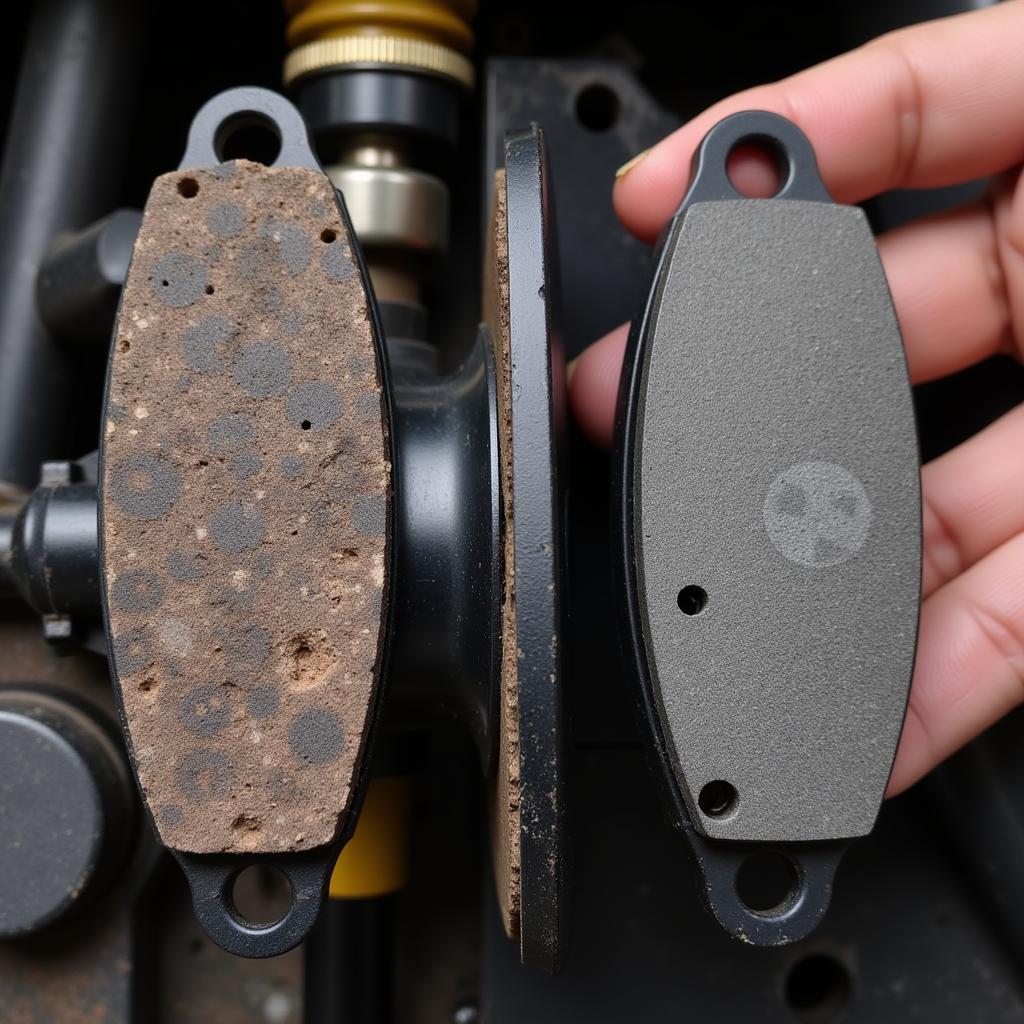In today’s digital age, staying connected while on the road is no longer a luxury but a necessity. While modern cars often boast sophisticated infotainment systems with built-in Bluetooth, many older vehicles lack this feature, leaving drivers with limited options for hands-free calling, music streaming, and other convenient functionalities. This is where a Bluetooth USB dongle for your car radio comes in, offering a simple and cost-effective solution to upgrade your driving experience.
Understanding the Role of a Bluetooth USB Dongle
Before we delve into the intricacies of Bluetooth USB dongles, let’s clarify what they are and how they function within your car’s audio system. Essentially, a Bluetooth USB dongle acts as a bridge between your car radio and your Bluetooth-enabled devices, such as smartphones, tablets, or MP3 players.
These dongles are typically small and unobtrusive, designed to plug directly into the USB port of your car radio. Once connected, the dongle utilizes Bluetooth technology to establish a wireless link with your device, allowing you to stream audio content or make hands-free calls through your car’s speakers.
Common Issues with Car Radios and Bluetooth Connectivity
While Bluetooth technology has become ubiquitous, several issues can hinder seamless connectivity between your car radio and your devices. These issues can range from compatibility problems to software glitches and hardware malfunctions. Let’s explore some common scenarios:
- Lack of Built-in Bluetooth: As mentioned earlier, older car models often lack integrated Bluetooth functionality, necessitating the use of external adapters like USB dongles.
- Compatibility Issues: Even if your car radio has Bluetooth, it might not be compatible with your specific device or operating system. This can lead to connection problems, dropouts, or limited functionality.
- Software Glitches: Bluetooth connectivity relies on software protocols that can sometimes experience glitches or errors, resulting in connectivity issues or erratic behavior.
- Hardware Malfunctions: In some cases, a faulty Bluetooth module or a damaged USB port can cause connectivity problems, requiring hardware repair or replacement.
Identifying and Troubleshooting Bluetooth Connectivity Issues
Before concluding that your car radio or Bluetooth device is faulty, it’s essential to rule out any simple connectivity issues. Here’s a step-by-step guide to help you identify and troubleshoot common problems:
1. Check for Basic Connectivity:
- Ensure that Bluetooth is enabled on both your car radio and your device.
- Verify that your device is discoverable by other Bluetooth devices.
- Try pairing your device with the car radio again.
2. Restart Your Devices:
- Sometimes, a simple restart can resolve minor software glitches that might be hindering connectivity. Restart both your car radio and your Bluetooth device.
3. Check for Interference:
- Other electronic devices, such as Wi-Fi routers or cordless phones, can interfere with Bluetooth signals. Try moving away from any potential sources of interference.
4. Update Software:
- Outdated software on your car radio or your Bluetooth device can lead to compatibility issues. Check for any available software updates and install them if necessary.
5. Consult Your Car’s Manual:
- Your car’s owner’s manual often provides valuable information on Bluetooth connectivity, including pairing instructions and troubleshooting tips.
Tools for Diagnosing Car Radio Issues
If basic troubleshooting steps don’t resolve the issue, you might need to delve deeper into diagnosing potential problems with your car radio or Bluetooth system. This is where specialized tools and software come in handy.
1. OBD-II Scanners:
- OBD-II scanners are diagnostic tools that connect to your car’s onboard computer system, providing access to various vehicle data, including error codes related to the radio and Bluetooth modules.
2. Diagnostic Software:
- Several software applications, such as those offered by Cardiagtech, allow you to perform in-depth diagnostics on your car’s electronic systems, including the radio and Bluetooth modules. These tools can help identify specific error codes and guide you towards potential solutions.
 Car Diagnostic Software
Car Diagnostic Software
Choosing the Right Bluetooth USB Dongle for Your Car Radio
Selecting the appropriate Bluetooth USB dongle for your car radio can be crucial for ensuring seamless connectivity and optimal audio quality. Here are some factors to consider:
1. Compatibility:
- Ensure that the Bluetooth USB dongle you choose is compatible with your car radio’s make, model, and year. Some dongles might be specifically designed for certain brands or models.
2. Bluetooth Version:
- Opt for a dongle that supports the latest Bluetooth version for faster data transfer speeds, improved range, and enhanced audio quality.
3. Audio Quality:
- If you prioritize audio fidelity, look for dongles that support high-quality audio codecs such as aptX or LDAC.
4. Hands-Free Calling:
- For hands-free calling functionality, choose a dongle with a built-in microphone or the ability to connect to an external microphone.
5. Additional Features:
- Some dongles offer additional features such as noise cancellation, multipoint pairing (connecting to multiple devices simultaneously), or voice control support.
 Bluetooth USB Dongle Features
Bluetooth USB Dongle Features
Installing and Using a Bluetooth USB Dongle
Once you’ve chosen the right Bluetooth USB dongle, the installation process is typically straightforward:
-
Plug in the Dongle: Insert the dongle into the USB port of your car radio.
-
Pair Your Device: Enable Bluetooth on your device and search for available devices. Select the dongle from the list of discovered devices.
-
Enjoy Wireless Connectivity: Once paired, you can start streaming audio or making hands-free calls through your car’s speakers.
FAQs about Bluetooth USB Dongles for Car Radios
Q1: Will a Bluetooth USB dongle drain my car battery?
A1: Bluetooth USB dongles draw very little power from your car battery, especially when the engine is running. However, it’s recommended to unplug the dongle when not in use to avoid any potential battery drain over extended periods.
Q2: Can I use multiple Bluetooth devices with a dongle?
A2: Some Bluetooth USB dongles support multipoint pairing, allowing you to connect multiple devices simultaneously. However, you might need to switch between audio sources manually.
Q3: What should I do if my Bluetooth USB dongle is not connecting?
A3: If your dongle is not connecting, try the troubleshooting steps mentioned earlier, such as restarting your devices, checking for interference, or updating software. If the problem persists, contact the dongle’s manufacturer or seek professional assistance.
Conclusion
A Bluetooth USB dongle for your car radio can be a game-changer, providing a simple and affordable way to enhance your driving experience with wireless connectivity. By understanding the basics of Bluetooth technology, choosing the right dongle for your needs, and following proper installation and troubleshooting steps, you can enjoy seamless audio streaming, hands-free calling, and other convenient features while on the road.
If you’re experiencing persistent car audio or connectivity issues, consider reaching out to CARDIAGTECH for expert diagnostics and solutions. Contact us at +1 (641) 206-8880 or email us at CARDIAGTECH[email protected]. Our office is located at 276 Reock St, City of Orange, NJ 07050, United States.

